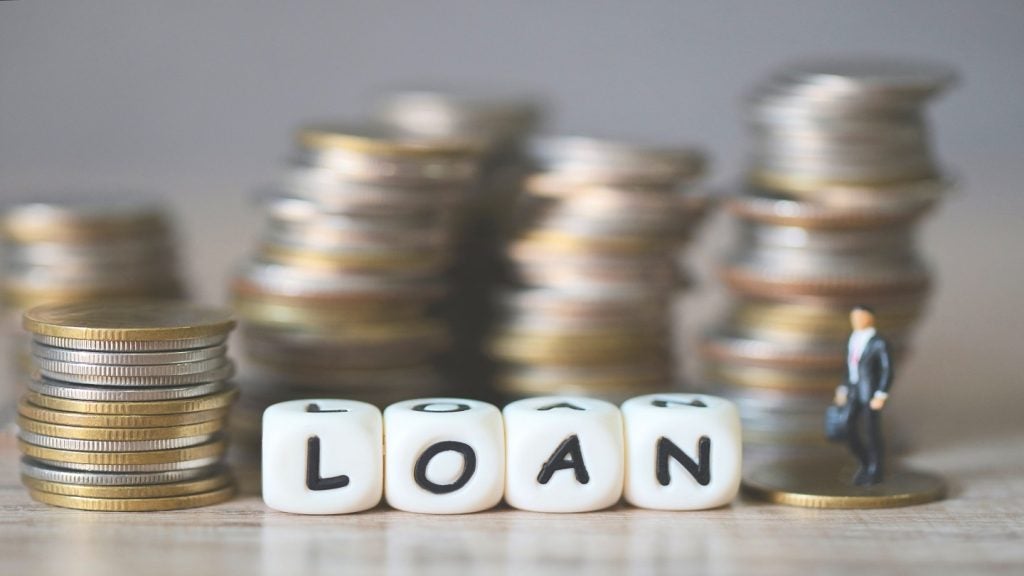
Britain has voted to exit the European Union (EU) in a historic referendum that took place on 23 June, causing uncertainty that has pushed global financial markets into a state of turmoil.
The result triggered the resignation of the UK Prime Minister David Cameron, with leadership of the Conservative government now due to be decided by a party vote.
The Brexit camp won with almost 52% of the votes, while the rival camp secured 48% of votes.
The majority of England outside London and Wales strongly supported Brexit, while London, Scotland and Northern Ireland backed staying in the EU.
The decision would make Britain the first country to leave the 28-nation bloc after 43 years, should Cameron’s successor trigger Article 50 to leave the EU.
The leave vote will not immediately pull Britain from the EU membership: the exit process is expected to take a minimum of two years, and will require a negotiated withdrawal, whereupon access to the EU single market will have to be negotiated.
How well do you really know your competitors?
Access the most comprehensive Company Profiles on the market, powered by GlobalData. Save hours of research. Gain competitive edge.

Thank you!
Your download email will arrive shortly
Not ready to buy yet? Download a free sample
We are confident about the unique quality of our Company Profiles. However, we want you to make the most beneficial decision for your business, so we offer a free sample that you can download by submitting the below form
By GlobalDataFollowing the Brexit, the pound slumped more than 10% against the dollar, which is its lowest levels since 1985, Asian stocks tumbled and US Treasuries and gold surged.
Earlier this month, manufacturer Hitachi’s chairman Hiroaki Nakanishi warned in a letter to a UK newspaper that Brexit would force a ‘rethink’ of the manufacturer’s operations and jobs in the UK, and that this view was shared by international investors such as the parent manufacturers of leasing businesses – Siemens, GE, and Microsoft.
In a statement, the Bank of England said that it would "take all necessary steps to meet its responsibilities for monetary and financial stability".







